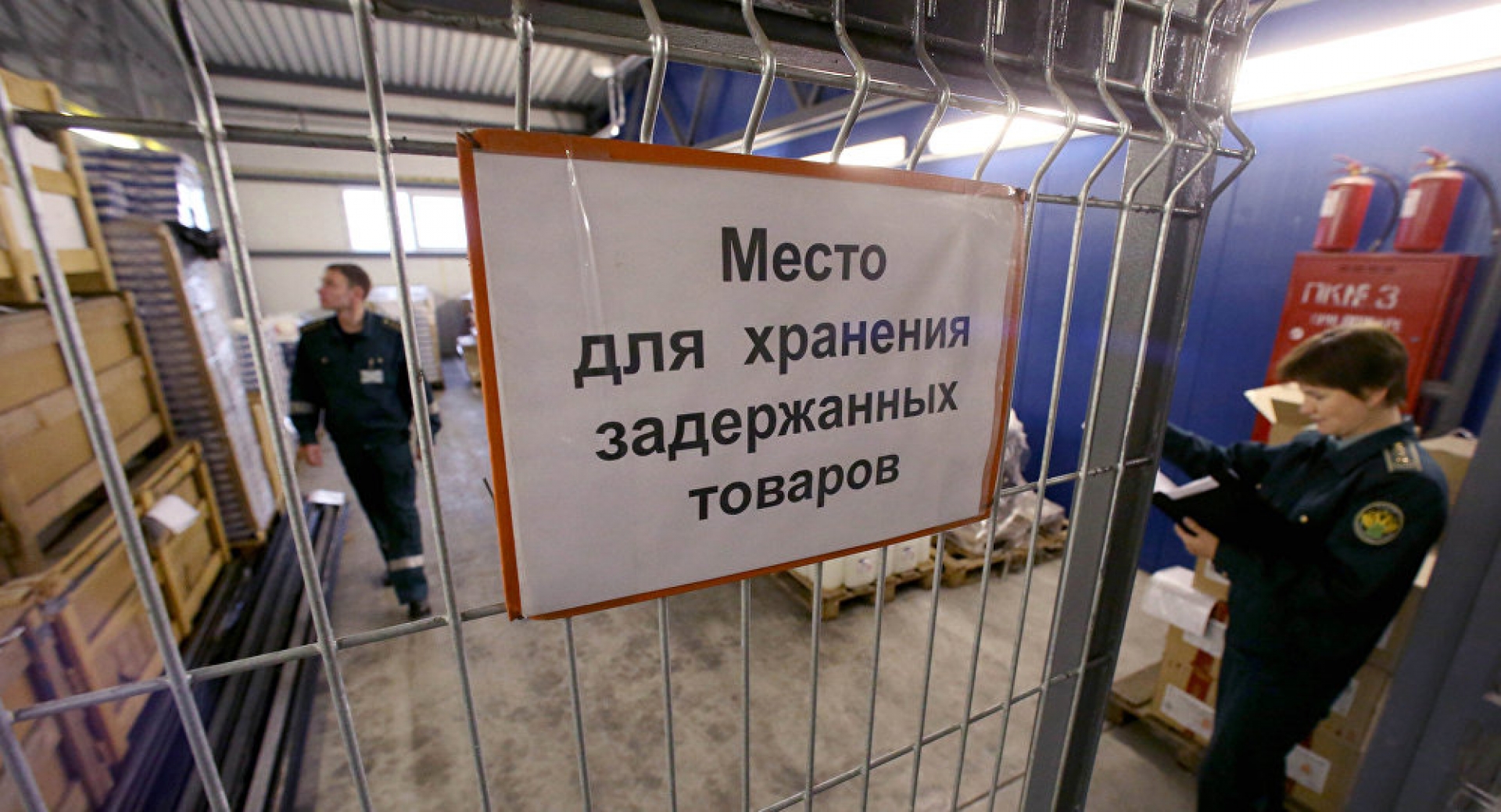Customs introduces new rules for processing online purchases from abroad

The Federal Customs Service announced the introduction of new requirements for processing the delivery of online goods purchased abroad in online stores. According to the new rules, buyers will have to indicate their TIN and links to the purchased goods.
According to representatives of the Ministry, these data allow customs officers to control the cost and weight of the goods purchased to check the threshold of duty-free import of goods. Currently, the threshold of duty-free import of goods from abroad in Russia is 1,000 euros and not more than 31 kg per month.
“The order of the FCS of Russia of November 24, 2017 No. 1861 provides for the customs representative to submit to the customs authority the details of the identity document of the recipient and his TIN. The submission of the TIN is necessary for the unambiguous identification of a physical person for the purpose of accounting for the cost and weight of all goods sent to the address of this person within a calendar month, ”the agency representatives said .
')
Several operators of express delivery and consolidators warned about new rules for delivering purchases to their customers, Komersant writes .
“According to the document, when purchasing in a foreign online store, it is necessary to provide not only passport data, but also the TIN number, as well as links to the purchased goods. Otherwise, the parcel will not pass the customs clearance and will be returned to the sender, ”the courier company SDEK reports on its website.
Customs also recommends that buyers take screenshots of pages with a description of the goods upon purchase, which may be necessary to confirm the declared value of the goods.
It is worth noting that it was decided to change the rules as part of the experiment on the application of the Unified Automated Information System of the customs authorities (UAIS TO) when processing goods for personal use, delivered by transport courier companies and express carriers to individuals. In this case, the international experiment does not participate in the named experiment, which are delivered by the FSUE “Russian Post”.
Representatives of the customs service believe that the updated accounting of purchases on foreign Internet sites will not lead to delays.
Source: https://habr.com/ru/post/356242/
All Articles